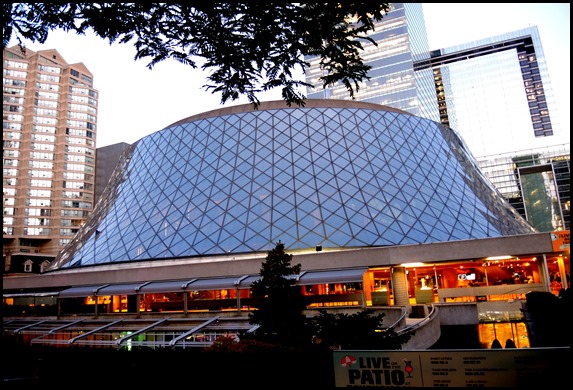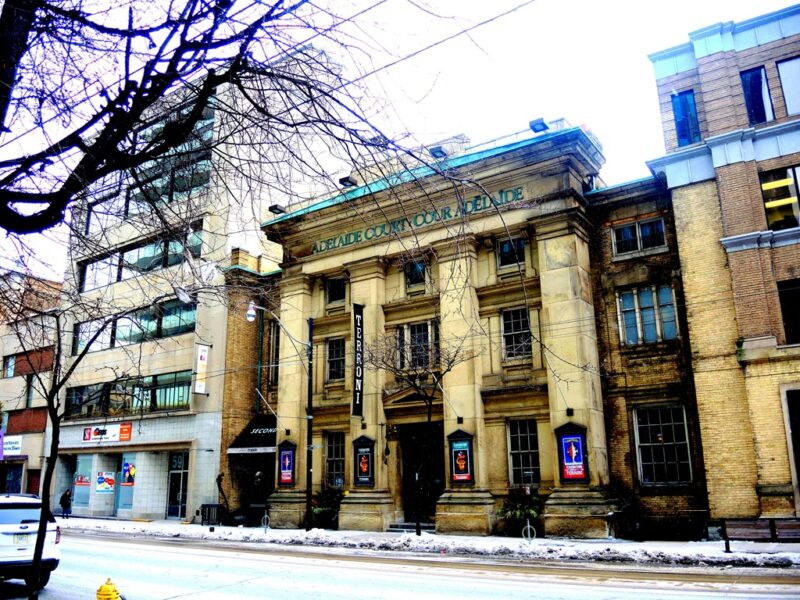Houses wrapped in winter on D’Arcy Street in Toronto
February is a cruel month, when Toronto becomes locked in frost’s icy grip. However, after a snow storm, the beauty of winter in the city emerges, the sun sparkling in a cerulean blue sky. The Arctic air and drifts of snow appear as unblemished as those of the countryside beyond the city. The streets are quiet, life’s daily hum stilled by the gentle white. Images of Charles Dickens’ days of old magically appear.
I was fortunate, because in the days prior to the storm, the warmth from February’s increasingly direct rays of sunshine caused water to drip, forming long icicles on the eves, roofs and gables. I spent a delightful two hours under the winter sky, appreciating anew the beauty of Toronto in winter. Dressed warmly, I did not find it particularly cold, although my hands nearly froze while I was photographing and was forced to periodically thrust them into my pockets, a small price to pay for the pleasure that the scenes bestowed.
The photographs in this post were all taken on February 10, 2015, when the temperatures hovered around –10 degrees. I chose to photograph near Dundas Street West and Spadina Avenue, where the side streets have numerous Victorian homes.
19th-century homes on Huron Street, a short distance north of Dundas Street West.
In 2002, I chose the houses in the previous photo as the subject for an oil painting. It was not until I viewed the painting this year that I realized that one of the trees in front of the houses has since been removed, and the facades of the houses and the windows have been altered.
Late-Victorian houses on Baldwin street, between Spadina Avenue and McCaul Street. The wire fences and recycling bin betray that the scene is in the 21st century.
A 19th-century home on Baldwin Street, with a bay window on the ground-floor level (left photo), and a close-up view of the right-hand window on the second storey (right-hand photo).
Houses on Baldwin Street on February 10, 2015.
Houses on Baldwin Street with a shared Victorian porch containing ornate woodwork trim and spindle-work. The house on the right-hand side has a Christmas wreath, ready for next December, I suppose.
Baltic ivy clinging to a building on Baldwin Street—a touch of greenery amid the winter white.
Store on the southeast corner of D’Arcy and Huron Streets, which has a reproduction of Van Gough’s painting of June 1889—“Starry Night” on its north wall.
A picnic table, posts, recycling bins and graffiti art are all enhanced by winter’s sunlight reflecting from the snow. Photos taken on Baldwin near Spadina Avenue.
Icicle magic on Huron Street.
Colourful Kensington—the north side of Baldwin Avenue, between Augusta and Kensington Avenue.
North side of Baldwin Street near Kensington Avenue, in the Kensington Market.
Casa Acoreana on the northeast corner of Baldwin and Augusta Avenue in the Kensington Market. I believe that this shop has the best selection of spices and herbs in the city.
Kensington Market—drifts on south side of Baldwin Street.
Gazing east on Dundas Street West from near Spadina Avenue, in China Town.
A terrace garden in downtown Toronto, draped in snow .
To view the Home Page for this blog: https://tayloronhistory.com/
To view previous blogs about movie houses of Toronto—historic and modern
Recent publication entitled “Toronto’s Theatres and the Golden Age of the Silver Screen,” by the author of this blog. The publication explores 50 of Toronto’s old theatres and contains over 80 archival photographs of the facades, marquees and interiors of the theatres. It relates anecdotes and stories of the author and others who experienced these grand old movie houses.
To place an order for this book:
Book also available in Chapter/Indigo, the Bell Lightbox Book Store and by phoning University of Toronto Press, Distribution: 416-667-7791
Theatres Included in the Book:
Chapter One – The Early Years—Nickelodeons and the First Theatres in Toronto
Theatorium (Red Mill) Theatre—Toronto’s First Movie Experience and First Permanent Movie Theatre, Auditorium (Avenue, PIckford), Colonial Theatre (the Bay), the Photodome, Revue Theatre, Picture Palace (Royal George), Big Nickel (National, Rio), Madison Theatre (Midtown, Capri, Eden, Bloor Cinema, Bloor Street Hot Docs), Theatre Without a Name (Pastime, Prince Edward, Fox)
Chapter Two – The Great Movie Palaces – The End of the Nickelodeons
Loew’s Yonge Street (Elgin/Winter Garden), Shea’s Hippodrome, The Allen (Tivoli), Pantages (Imperial, Imperial Six, Ed Mirvish), Loew’s Uptown
Chapter Three – Smaller Theatres in the pre-1920s and 1920s
Oakwood, Broadway, Carlton on Parliament Street, Victory on Yonge Street (Embassy, Astor, Showcase, Federal, New Yorker, Panasonic), Allan’s Danforth (Century, Titania, Music Hall), Parkdale, Alhambra (Baronet, Eve), St. Clair, Standard (Strand, Victory, Golden Harvest), Palace, Bedford (Park), Hudson (Mount Pleasant), Belsize (Crest, Regent), Runnymede
Chapter Four – Theatres During the 1930s, the Great Depression
Grant ,Hollywood, Oriole (Cinema, International Cinema), Eglinton, Casino, Radio City, Paramount, Scarboro, Paradise (Eve’s Paradise), State (Bloordale), Colony, Bellevue (Lux, Elektra, Lido), Kingsway, Pylon (Royal, Golden Princess), Metro
Chapter Five – Theatres in the 1940s – The Second World War and the Post-War Years
University, Odeon Fairlawn, Vaughan, Odeon Danforth, Glendale, Odeon Hyland, Nortown, Willow, Downtown, Odeon Carlton, Donlands, Biltmore, Odeon Humber, Town Cinema
Chapter Six – The 1950s Theatres
Savoy (Coronet), Westwood
Chapter Seven – Cineplex and Multi-screen Complexes
Cineplex Eaton Centre, Cineplex Odeon Varsity, Scotiabank Cineplex, Dundas Square Cineplex, The Bell Lightbox (TIFF)
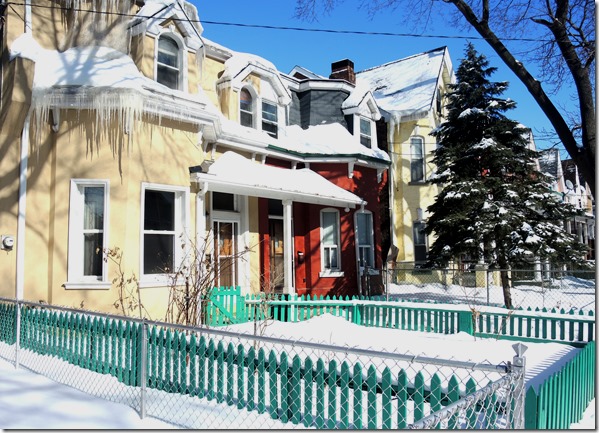
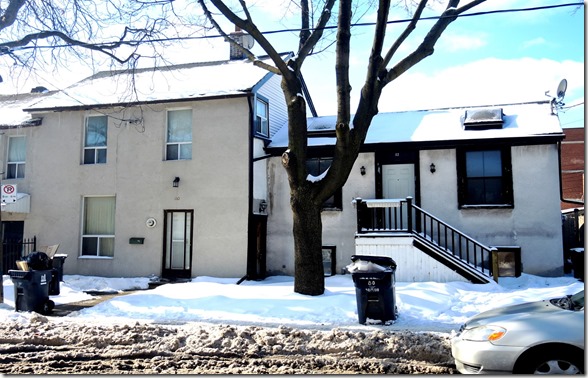
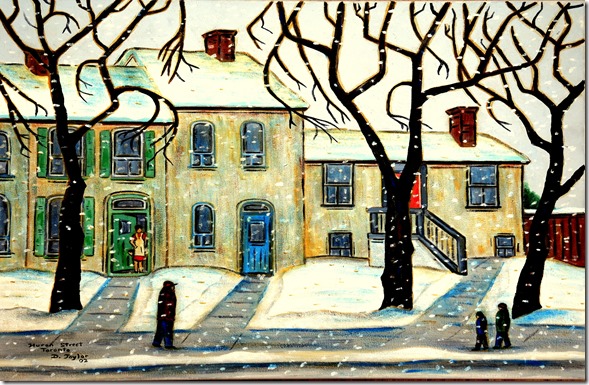
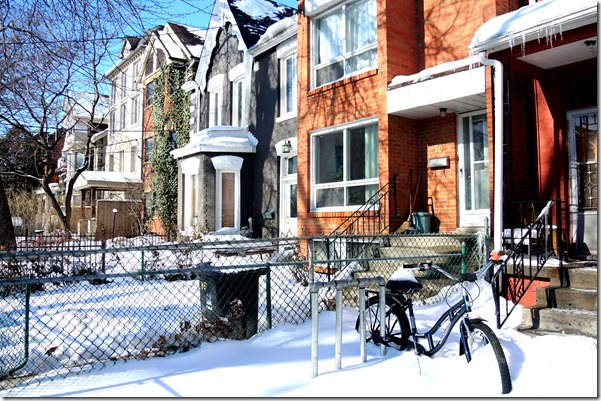
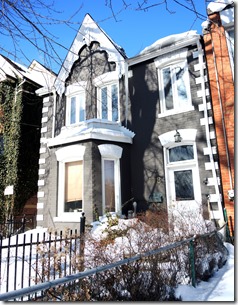
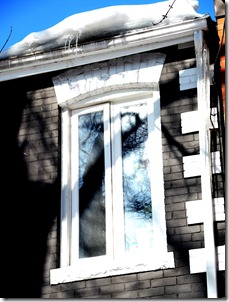
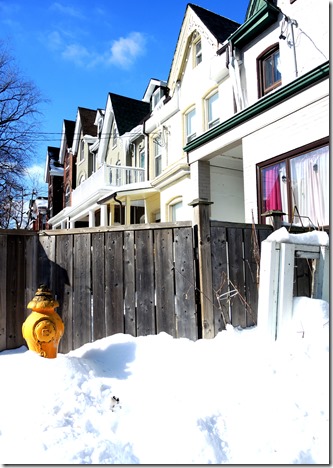
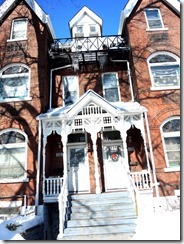
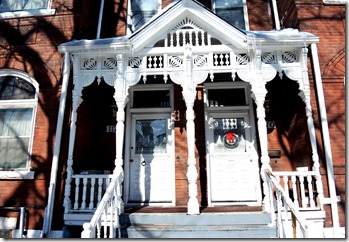
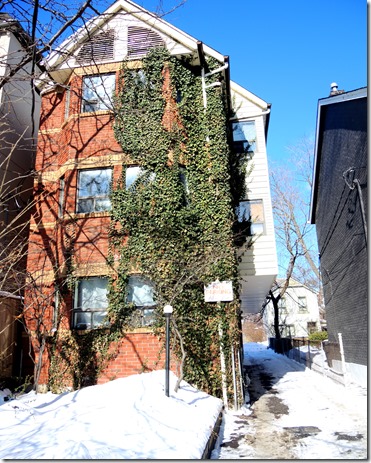
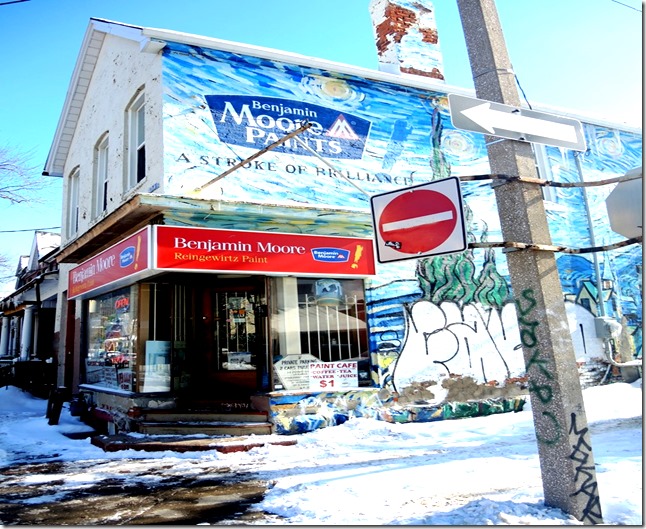
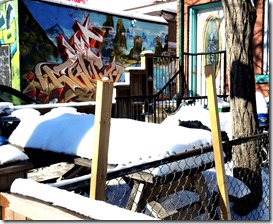
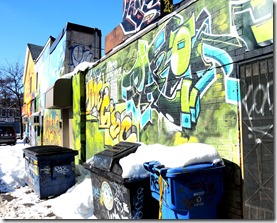
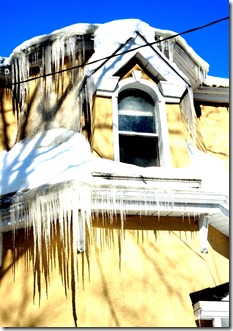
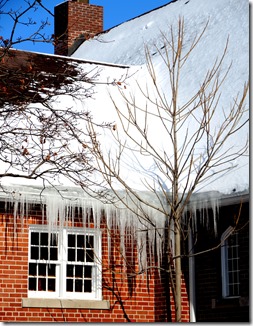
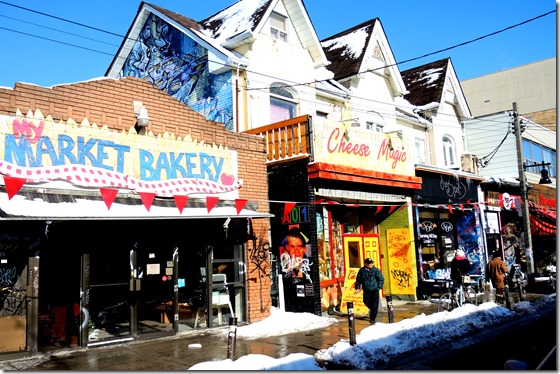
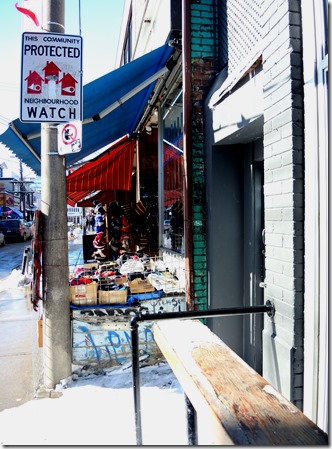
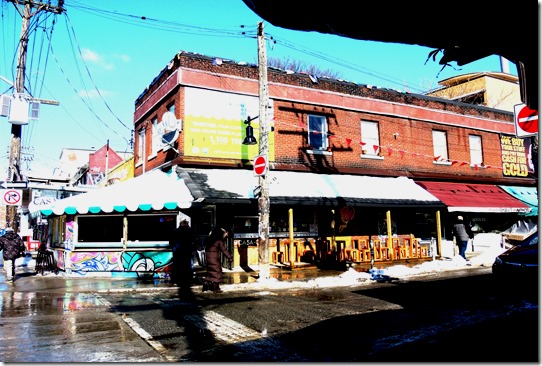
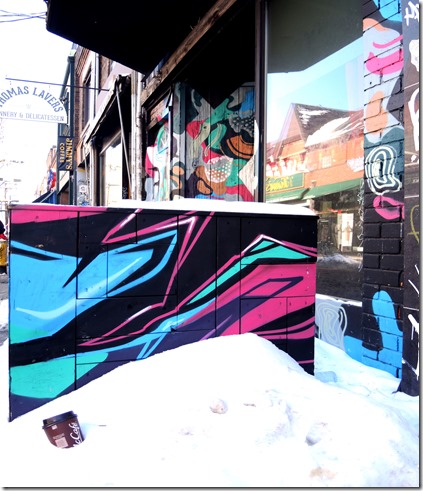
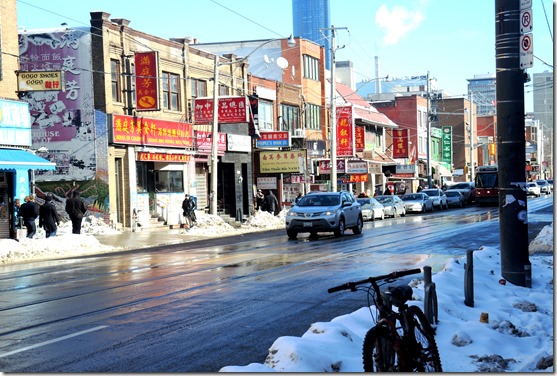
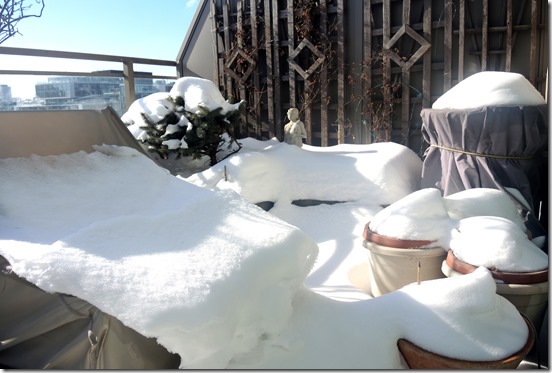
![cid_E474E4F9-11FC-42C9-AAAD-1B66D852[2] cid_E474E4F9-11FC-42C9-AAAD-1B66D852[2]](https://tayloronhistory.com/wp-content/uploads/2015/02/cid_e474e4f9-11fc-42c9-aaad-1b66d8522_thumb.jpg)
